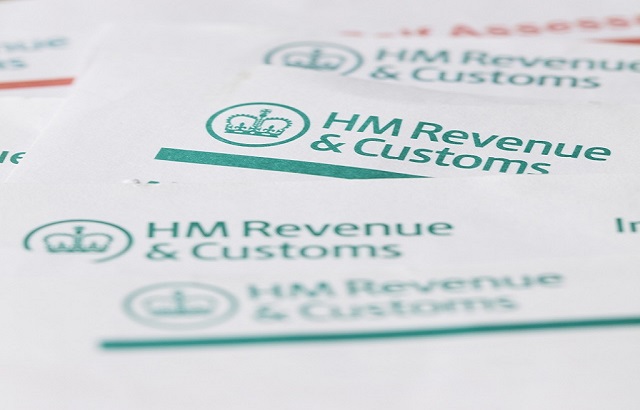HM Revenue & Customs (HMRC) has claimed that it “will continue to consider and issue” accelerated payment notices (APNs) after it failed to use the controversial tax avoidance tool in the 2020-21 financial year.
According to international law firm RPC, the UK taxman did not issue a single APN during the period.
This power allows HMRC to request any tax due from individuals to be paid within 90 days without the option to appeal it. Failure to pay will typically lead to late payment penalties as well.
APNs were introduced in 2014 as a way to crackdown on tax avoidance, and HMRC has since issued 81,540 of them, RPC said.
But the taxman was forced to withdraw 12% of APNs which suggests that they might have been issues “unlawfully” as these notices need to comply with a serious of statutory conditions before being sent out, explained Adam Craggs, partner and head of tax disputes at RPC.
He added that for the last three years, HMRC withdrew more APNs than it actually issued, most frequently because it did not meet the necessary conditions required for their issuance.
‘Business as usual’
Craggs said: “After issuing a large number of APNs in the early years following their introduction, HMRC appears to be quietly winding down this programme.
“The negative media attention given to APNs and the controversial loan charge may be a contributing factor to HMRC choosing to wind down its APN initiative.
“Tackling tax avoidance will continue to be a major priority for HMRC, particularly in light of the Pandora Papers leak, but HMRC should be wary of adopting a heavy-handed approach to tax compliance issues.”
A spokesperson for HMRC told International Adviser the taxman is not winding down its use of APNs at all.
“APNs are now part of our ‘business as usual’ compliance processes and we will continue to consider and issue notices as and when cases which meet the AP criteria are identified.
“In 2020-21, as with many of our activities, we reprioritised our compliance work to focus primarily on the work which supports and protects individuals, businesses and the economy during covid-19.”
HMRC added that when it withdraws APNs that does not meant they were sent “unlawfully”; it is because it was not appropriate and it acts quickly to correct it. But the withdrawals of an APN also doesn’t mean that there is no tax due, it added, as the dispute will either need to be settled or litigated.








